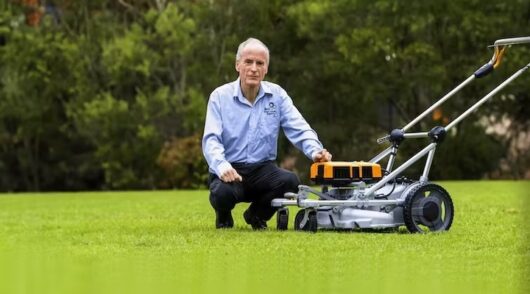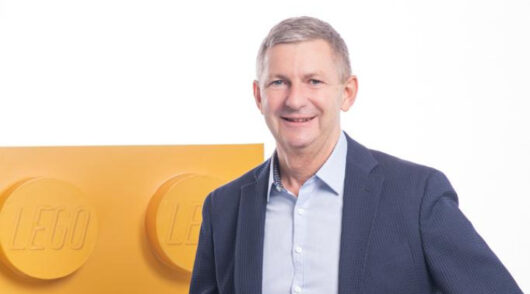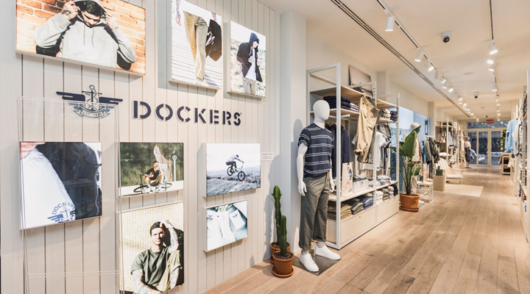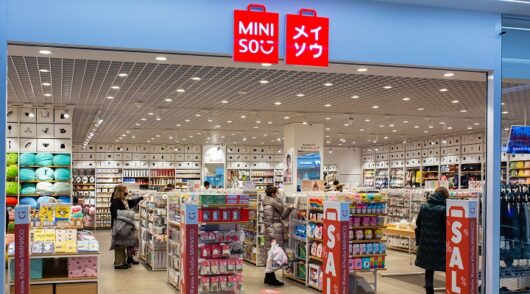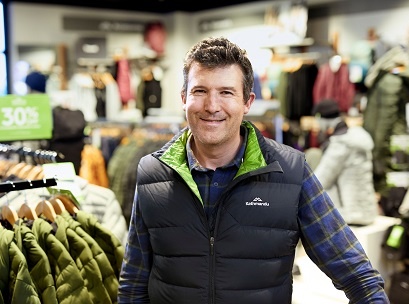
Kathmandu on Tuesday announced it has become a certified B Corporation, making it the biggest B Corp in Australia and New Zealand.
B Corps are for-profit businesses that meet the highest standards of social and environmental performance, public transparency and legal accountability.
Started in the US in 2006 as a way to raise awareness of purpose-driven businesses by giving them a recognisable seal of approval, there are now more than 3000 B Corps worldwide, and more than 300 in Australia and New Zealand, which is the fastest growing region per capita for B Corps.
Local retailers with B Corp certification include Outland Denim, Etiko, Koala, GlamCorner, Bellroy, Flora & Fauna, KeepCup, Good Day Girl, Koskela, Arndsorf and Kester Black.
The addition of Kathmandu to this list reflects a shift in the way many large companies view sustainability – no longer as a niche topic confined to the CSR team, but rather a core value that permeates every part of the business.
“Sustainability is part of Kathmandu’s DNA and is integral to our entire operation, from our supply chain, to our materials and products and our operational footprint,” Xavier Simonet, Kathmandu CEO, said in a statement.
Two years from assessment to certification
Reuben Casey, Kathmandu COO, told Inside Retail it took the retailer approximately two years to receive certification from its initial assessment, and that the idea came from its employees.
“Becoming a certified B Corporation is a reflection of Kathmandu’s commitment to sustainability over the past 30 years,” he said, “we made no significant changes in order to become certified.”
To receive B Corp certification, organisations need to earn a certain number of points on the B Impact Assessment, an online tool that asks around 200 questions in five key areas: governance, workers, community, environment and customers.
Kathmandu scored highly in the areas of workers, environment and community, including its suppliers.
“This reflects the great commitment our team has had over many years to protecting workers rights in our supply chain, lowering our environmental footprint and our ongoing commitment to using sustainable materials in our products,” Casey said.
Kathmandu is known for using WeChat as a hotline for its factory workers in China.
Legal standing in question
The online assessment tool is administered by B Lab, a nonprofit with locations in 26 countries, which also sets the global standards, awards B Corp certification and advocates for the adoption of ‘benefit company’ status at a state level.
In the US and other countries, businesses can register as a ‘benefit company’, which means they are legally required to consider the impact of their decisions on all stakeholders, such as employees, suppliers and the planet, not just shareholders. This locks in their purpose, no matter who owns or runs the company.
Benefit companies currently have no legal status in Australia, though B Lab Australia and New Zealand is actively campaigning for an opt-in legal form to be introduced through a minor amendment to the Corporations Act.
This issue will become more critical as publicly listed companies like Kathmandu join the B Corp movement. T2, which is owned by Unilever, is also in the process of becoming a B Corp.
Casey said the legal implications of becoming a B Corp was a concern for the company.
“As a publicly listed company it would potentially be problematic if this [the legal standing of B Corps] were to change,” he told Inside Retail.
At the company’s FY19 earnings update, he said Kathmandu would need to see what B Lab’s campaign to change the Corporations Act entailed before deciding whether to support it or not.
This story was updated on 18/09/2019 to include additional from Reuben Casey.

